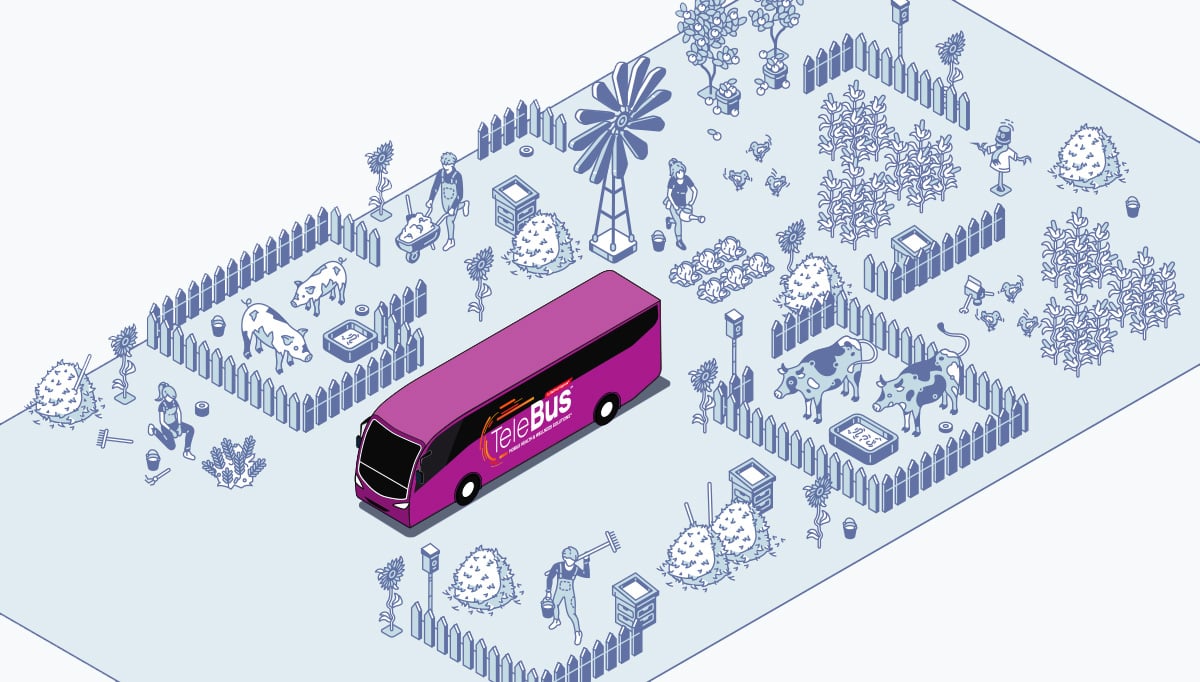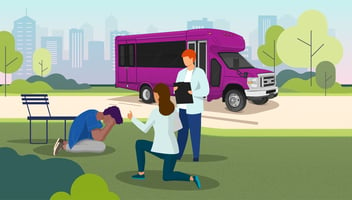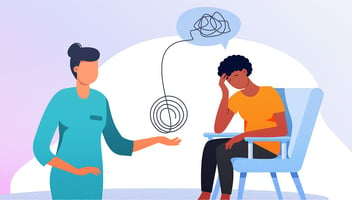

Access to medical and behavioral healthcare is a long-standing challenge in the United States. Unique challenges in rural and urban areas make it a complex issue to solve. While the concerns are the same in both rural and urban communities, the nature of the problem differs in each location.
A comprehensive solution to addressing both rural and urban healthcare disparities is the implementation of Mobile Crisis Response Teams (MCTs). MCTs are customizable and able to travel to areas that are traditionally difficult to access. MCTs are based on the needs of the community, providing care tailored to each patient.
Rural Healthcare Inequity
Access to healthcare is a fundamental right, but for millions of Americans living in rural areas, it remains a significant challenge. The obstacles to achieving healthcare equity in rural communities are complex and multifaceted.
Isolation
One of the most significant hurdles for people who live in rural areas is isolation. Rural communities are often located far from urban centers, which makes it challenging to engage in community. This isolation often leads to behavioral health problems such as depression, anxiety, and substance use disorder.
When a resident in a rural area needs medical attention, that patient may need to drive for hours to reach the nearest hospital. This in itself can be a barrier to care for many people.
Poverty
Poverty compounds isolation in rural healthcare settings. According to the USDA, poverty rates in rural areas are consistently higher than in urban areas. This can make it difficult for residents to afford medical care, even when it is available.
Additionally, rural communities often have higher rates of unemployment and underemployment, which can make it even harder to access the healthcare services they need. Even for those with insurance, rural areas often have fewer healthcare providers. This can lead to longer wait times for appointments and a higher burden on primary care providers who offer less specialized care.
Urban Healthcare Inequity
Urban areas also face a variety of hurdles when it comes to accessing medical care. Poverty, homelessness, and a lack of insurance are major issues. Emergency room visits are common in urban areas, but follow-up care can be difficult for many residents to receive.
Poverty
Similar to rural areas, poverty is a significant hurdle that urban communities face when it comes to accessing medical care. For many urban residents, paying for medical care can be a significant financial burden.
Homelessness
Homeless individuals often struggle to access medical and behavioral healthcare due to a lack of resources or a stable living situation. This can make it difficult for them to receive ongoing medical care or proper follow-up treatment for behavioral or chronic conditions.
Lack of Insurance
Without health insurance, many people may not seek care until they face a medical emergency. This can lead to more expensive emergency room visits and a lack of follow-up care.
Emergency room visits are a common way for urban residents to access medical care. However, without follow-up care, emergency room visits may not be effective in treating chronic conditions or preventing future medical emergencies. This can lead to a cycle of emergency room visits without addressing the root cause of the medical issue.
Behavioral Healthcare Inequity in Both Rural and Urban Areas
Residents who live in poverty may not have access to mental health resources or may not be able to afford mental health treatment.
In other cases, an injury or illness requires an opioid prescription, yet because opioids are so highly addictive and readily available, substance use disorder often affects families and communities for generations.
Mobile Crisis Response Teams
Mobile Crisis Response Teams are the answer to advancing healthcare equity in both rural and urban areas as they are mobile, accessible, and customized. A well-executed fleet of mobile crisis units can help save lives and improve the quality of life for individuals experiencing mental health crises.
However, MCTs are a great undertaking. Funding is the first step. Forward-thinking organizations like SAMHSA and BHCIP have seen the need and are prioritizing grants and other options.
After funding, there are several logistical concerns. That’s why your community needs a partner who is experienced in the logistics industry and can offer tangible support. Building a customized fleet of mobile crisis units in your area will help bring mental health care services directly to those in need.
BusTest Express handles everything in your MCT fleet’s build. A fleet management plan is essential to ensure that the mobile crisis units operate effectively and efficiently. This includes developing a maintenance schedule for the vehicles and equipment, setting up a dispatch system, and much more. A comprehensive fleet management plan ensures that mobile crisis units are always ready to respond to crises and that the necessary resources are available.
We will help you create a comprehensive MCT plan that addresses the specific needs of your community. Contact us today, and let’s get started on creating more equitable healthcare.
Topics: 988, Behavioral Health, Healthcare Equity, Mobile Crisis Teams
Related Posts

How Mobile Crisis Teams Complete the Behavioral Health Continuum
The issue of behavioral health in the United States has been a growing concern in recent years. However, the elements of behavioral health– substance...
Read more »
988: Prioritizing Behavorial Healthcare
American healthcare has a rich and complex history, with many changes and evolutions over time. For much of its history, healthcare focused primarily...
Read more »